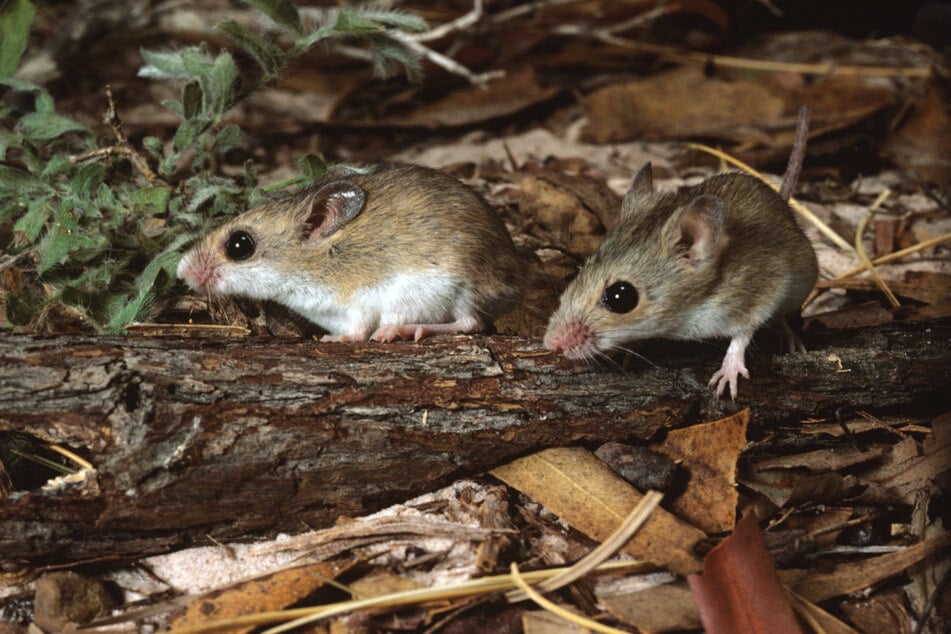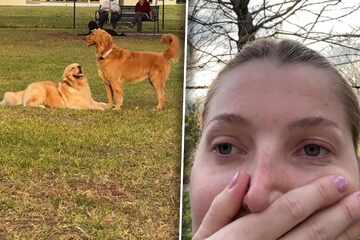Australian researchers rediscover mouse species considered extinct for more than 150 years!
Australia - Australian conservationists have every reason to rejoice: a mouse species thought to be extinct since the 1850s has been found alive and well in the wild!

Populations of Gould's mouse have been found on several small islands off the coast of Western Australia, the Guardian reports.
Molecular genetic studies brought a stunning new revelation for biologists, as Gould's mouse was initially mistaken for a completely new species.
The researchers compared DNA samples from eight extinct rodents and 42 of their living relatives to study the decline of native mouse species since European settlers arrived in Australia.
The results showed that the "extinct" Gould mouse was indistinguishable from the Shark Bay mouse, and the rodent has managed to survive in Shark Bay, as well as several other locations, to the present day.
"The resurrection of this species brings good news in the face of the disproportionally high rate of native rodent extinction," said Emily Roycroft, an evolutionary biologist at the Australian National University.
According to Roycroft, mice account for 41% of all Australian mammals that have gone extinct since European colonization began in 1788.
Gould's mouse is considered quite sociable. It lives in small family groups that seek shelter in burrows dug about six inches below bushes during the day. They line their nests with soft, dry grass for a cozy shelter.
Cover photo: IMAGO / UIG, Twitter Screenshot @Emily_Roycroft
